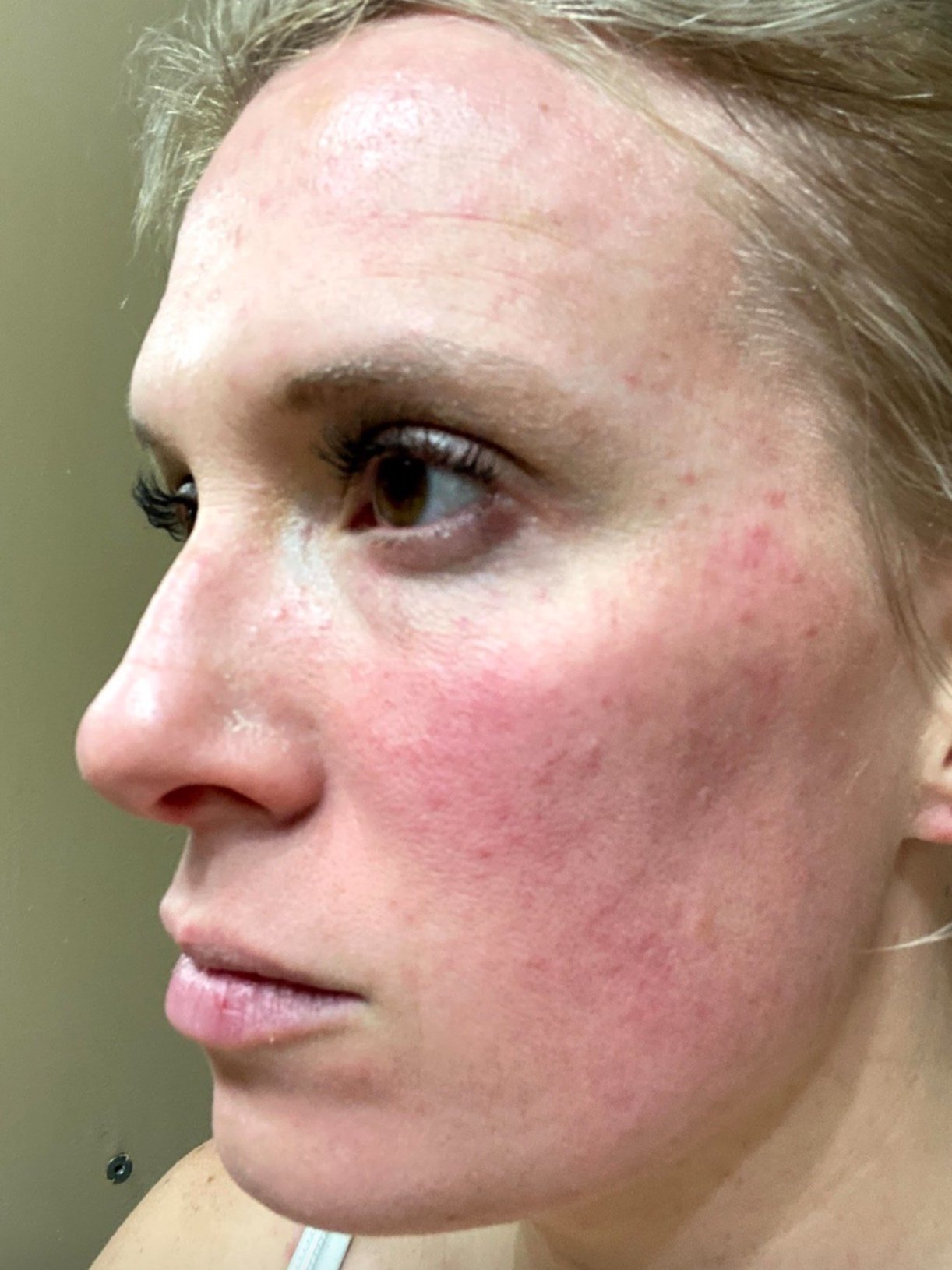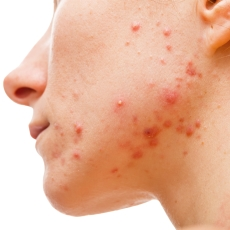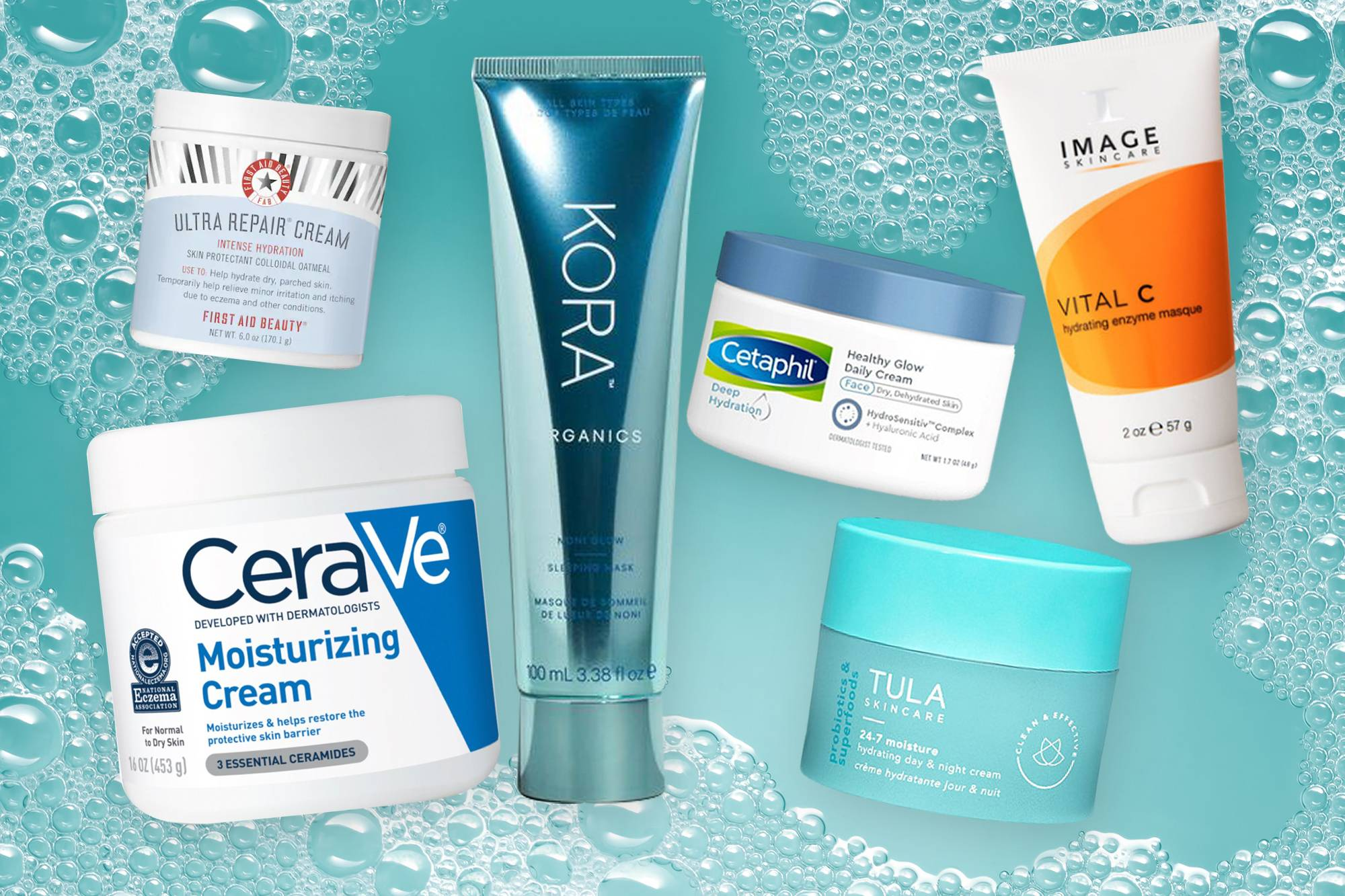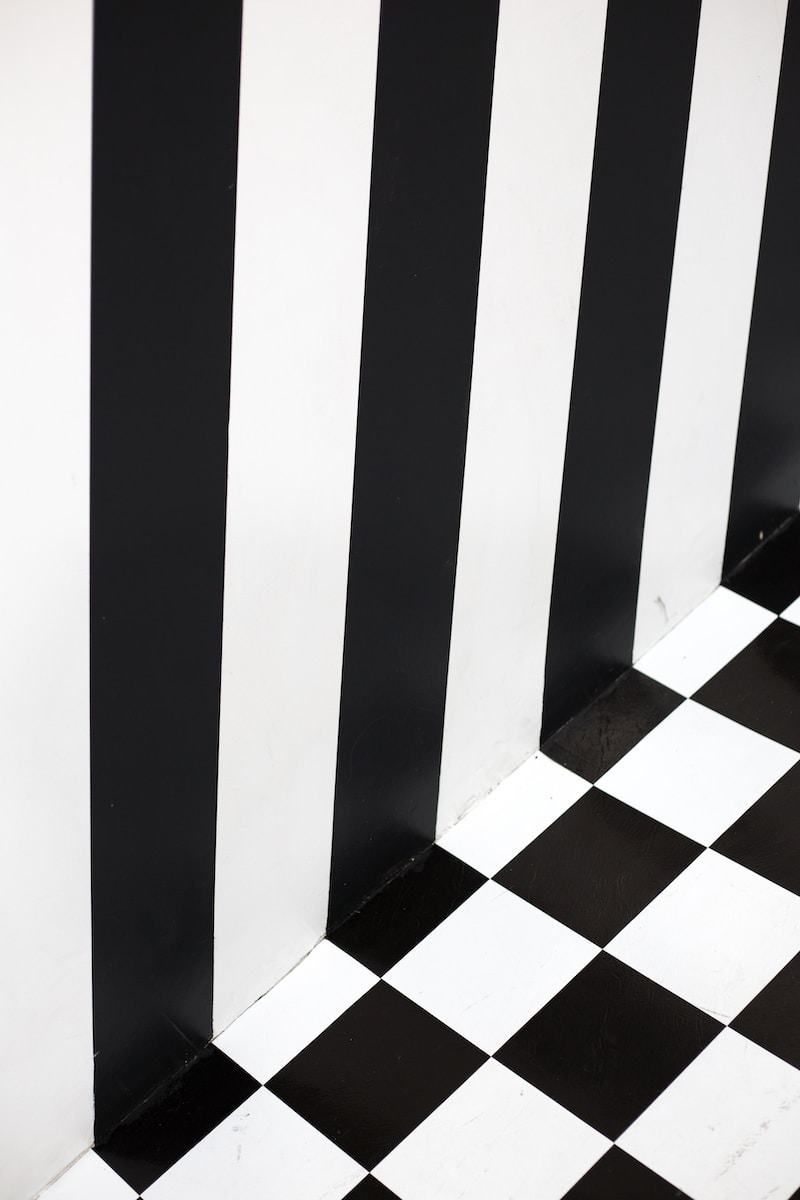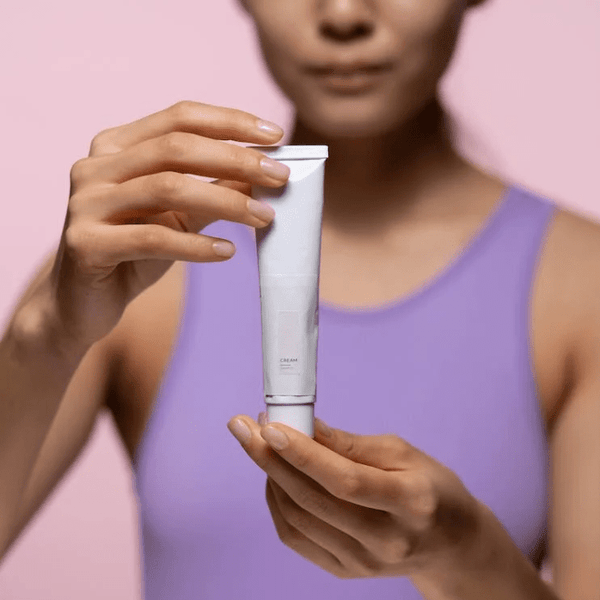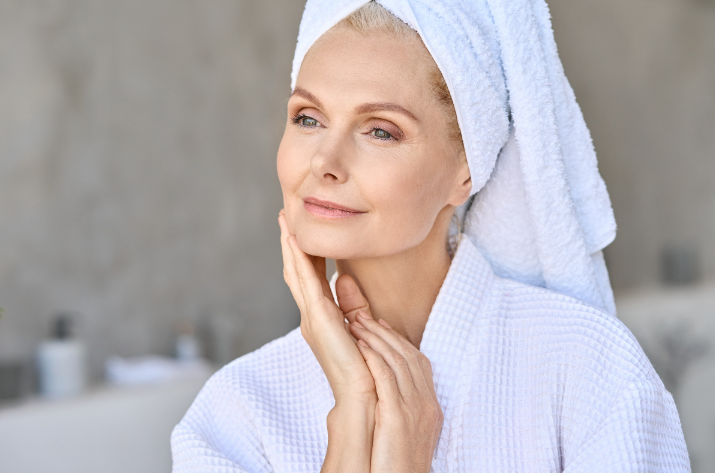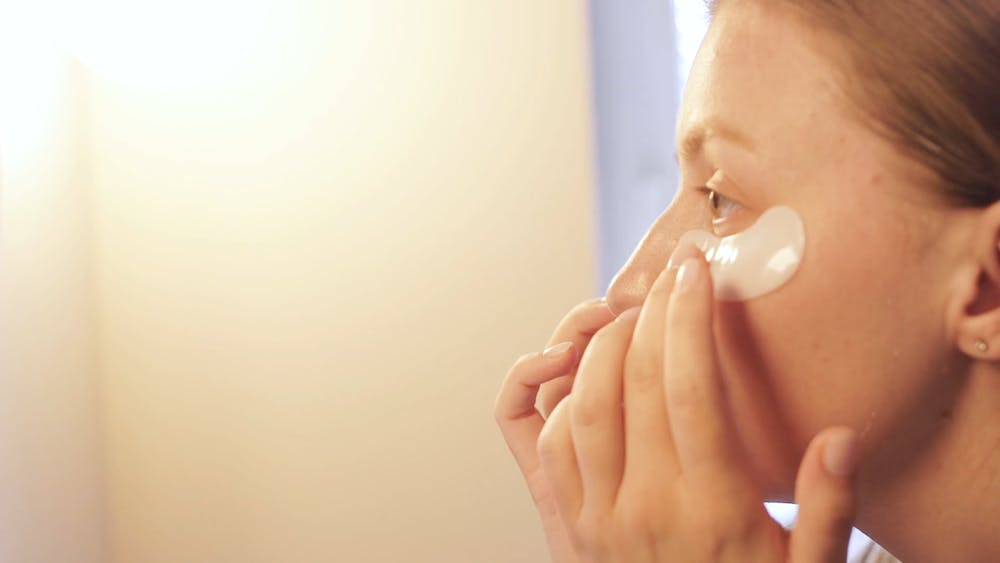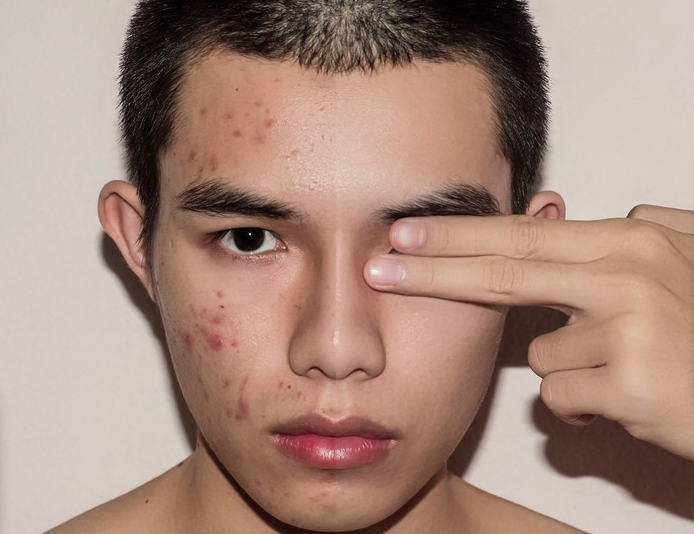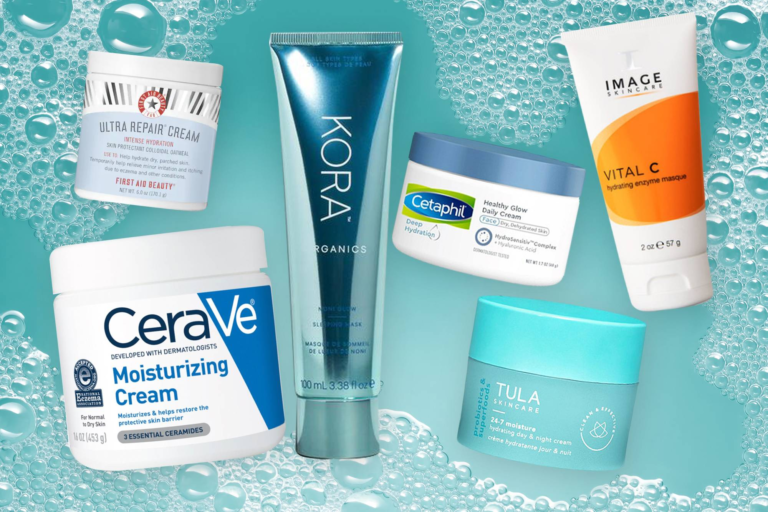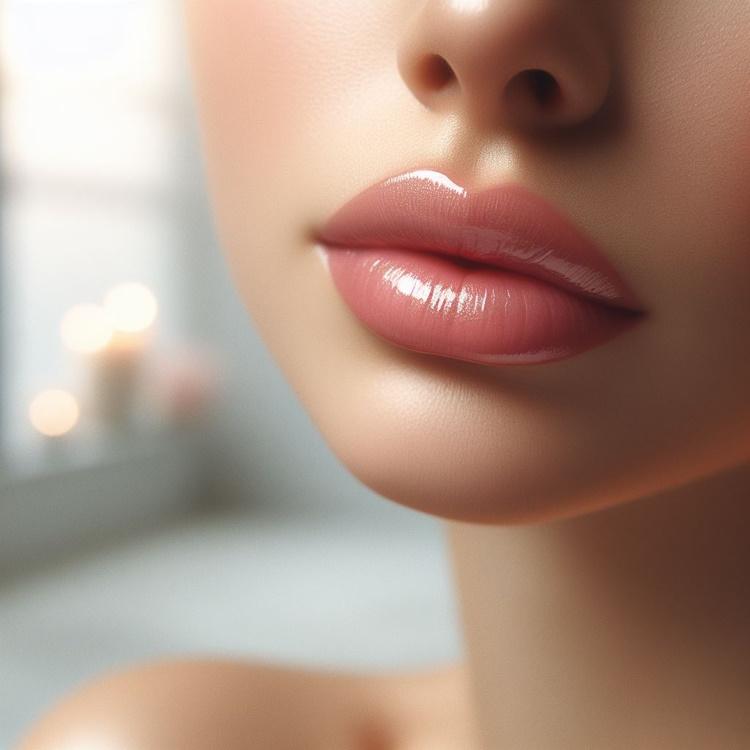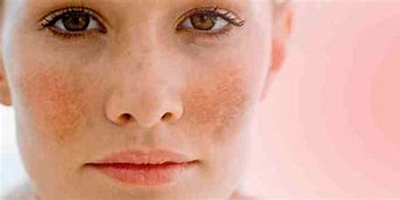How to Take Care of Your Skin After Accutane: A Complete Guide
How to Achieve Clear and Healthy Skin After Accutane: A Comprehensive Guide

“Skincare Ritual: Cleanse, Hydrate, Protect”
Accutane, also known as isotretinoin, is a powerful medication that can treat severe acne and improve your skin’s appearance. However, Accutane can also cause some side effects, such as dryness, sensitivity, and sun damage. That’s why you need to take good care of your skin after Accutane to maintain its health and beauty.
In this guide, you will learn everything you need to know about post-Accutane skincare, including:
- How Accutane works and how it affects your skin
- How to hydrate, moisturize, and protect your skin after Accutane
- How to choose the best skincare products and ingredients for post-Accutane skin
- How to prevent and treat any minor breakouts that may occur after Accutane
- How to use antioxidants, retinol, and other anti-aging treatments to enhance your skin’s glow and elasticity
By following these tips, you will be able to enjoy the benefits of Accutane without compromising your skin’s health. You will also discover how to keep your skin clear and radiant for years to come. Ready to get started? Let’s dive in!
Understanding Your Skin
What is Isotretinoin and How Does It Affect Your Skin?
 Accutane is a prescription medication designed to rapidly clear away cystic and nodular acne, often within only months. Isotretinoin is derived from vitamin A. It shrinks sebaceous glands that produce oil, making them less sticky so blemishes don’t form.
Accutane is a prescription medication designed to rapidly clear away cystic and nodular acne, often within only months. Isotretinoin is derived from vitamin A. It shrinks sebaceous glands that produce oil, making them less sticky so blemishes don’t form.
However, it does come with some side effects; most commonly, it leads to dry skin, which flakes and peels; however, a good moisturizer can help avoid this from happening.
Accutane side effects often include liver issues. Your doctor will closely monitor your liver to ensure this drug is safe.
Liver problems can cause symptoms like jaundice (yellowing of skin or eyes) and abdominal discomfort. If this occurs to you, seek medical advice immediately – contact a dermatologist as soon as possible to receive a proper diagnosis and treatment.
Isotretinoin may cause changes to your cholesterol level. Your doctor will monitor it before, during, and after taking isotretinoin.
Some individuals can experience severe allergic reactions from taking isotretinoin, including hives or facial or mouth swelling. If this happens, immediately stop taking isotretinoin and call your physician directly.
Accutane may cause side effects, including high blood pressure, heart condition, low blood sugar, and depression; typically, these mild side effects disappear when you stop taking the drug.
 RESTORE YOUTHFUL VITALITY WITH HYDROESSENTIAL™ SERUM
RESTORE YOUTHFUL VITALITY WITH HYDROESSENTIAL™ SERUMHydroessential™ Serum offers a comprehensive solution to aging skin concerns, providing visible results in as little as 48 hours. Crafted with award-winning, all-natural ingredients, including Japanese Witch Hazel and Aloe Barbadensis, this serum rejuvenates and revitalizes your skin. Experience the benefits of increased collagen production, improved skin elasticity, and reduced pigmentation with Hydroessential™ Serum. Don’t wait any longer – order now and discover the secret to youthful, glowing skin!
FOR YOUR SAFETY CLICK HERE TO BUY FROM THE OFFICIAL HYDROESSENTIAL WEBSITE
Cleansing
 Regularly cleansing your skin is key to maintaining clear and healthy skin. Selecting an effective cleanser will rid it of oil and makeup without stripping away essential nutrients – leaving it feeling refreshed and supple. Plus, cleansing can exfoliate, improve blood flow, and decrease wrinkles!
Regularly cleansing your skin is key to maintaining clear and healthy skin. Selecting an effective cleanser will rid it of oil and makeup without stripping away essential nutrients – leaving it feeling refreshed and supple. Plus, cleansing can exfoliate, improve blood flow, and decrease wrinkles!
A good cleanser should include ingredients like glycerin, aloe vera, and vitamin E to provide hydration; humectants (i.e., waxes) to draw in moisture; and astringents to control excessive oil production. Furthermore, the cleanser should be hypoallergenic, not irritating the skin or contributing to any potential acne breakouts.
Dry skin can be annoying to manage, but proper moisturization can solve this problem. Apply moisturizer or serum first thing in the morning after cleansing your skin to maximize effectiveness.
To achieve smoother skin, try exfoliating twice weekly and applying an oil-based treatment or cream daily – both should include gentle exfoliation for best results. Experiment with various products until you find what best meets your skin care goals and type.
Utilizing quality Accutane skincare products is one of the key ways to achieve smoother and healthier skin surfaces. These products will help prevent future breakouts while diminishing existing ones and leaving your complexion soft and vibrant.
Hydrating
Accutane treatments may cause dry skin, so you must use a moisturizer daily while and after taking Accutane medication. A gentle cleanser and hydrating moisturizer will keep your complexion smooth and blemish-free.
Paula’s Choice Hyaluronic Acid Booster is an oil-free moisturizer containing hyaluronic acid, which works to restore and replenish moisture and fight dehydration in dry skin.
Neutrogena Hydro Boost Water Gel is another convenient hydrating product packed with hyaluronic acid, glycerin, and ceramides to provide protection from environmental elements and help restore skin moisture balance.
Kiehl’s Lip Balm is an exceptional lip hydrator that protects them from dryness and flaking while offering anti-aging ingredients to reduce fine lines and wrinkles.
Hydrating after taking Accutane will help minimize itchiness and redness, so ensure that products are non-comedogenic and oil-free.
While numerous products are designed to hydrate skin after taking Accutane, two are particularly effective: Ultra Repair Cream from First Aid Beauty and Cicaplast Baume B5.
Sun Protection
If you take Accutane (isotretinoin) to treat severe acne, you must regularly use sunscreen and sun protection. Not only does sunburn increase your risk of adverse reactions, but sunburns may also cause scarring that makes breakouts worse!
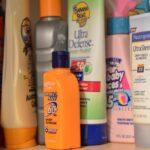 Accutane-treated skin should use sunscreens with SPF 30 or higher formulas containing mineral sun blockers like zinc oxide or titanium dioxide, as these types of sun protection offer gentler UV protection than their chemical-based counterparts.
Accutane-treated skin should use sunscreens with SPF 30 or higher formulas containing mineral sun blockers like zinc oxide or titanium dioxide, as these types of sun protection offer gentler UV protection than their chemical-based counterparts.
Apply sunscreen regularly, especially after swimming or sweating, and wear protective clothing such as long sleeves and pants outdoors.
Try an on-the-go stick or liquid sunscreen with an easy application for optimal skin protection. Powder sunscreens also exist that you can apply directly onto your face or body.
 Vanicream Broad Spectrum SPF 50 provides an ultra-lightweight, chemical-free sunscreen that doesn’t dry matte and boasts an almond fragrance for optimal protection from UVA/UVB rays – perfect for sensitive or irritated skin post-Accutane treatment.
Vanicream Broad Spectrum SPF 50 provides an ultra-lightweight, chemical-free sunscreen that doesn’t dry matte and boasts an almond fragrance for optimal protection from UVA/UVB rays – perfect for sensitive or irritated skin post-Accutane treatment.
Differin Oil-Absorbing Moisturizer SPF 30 is another fantastic option for dry and acne-prone skin. Formulated specifically to assist those taking Accutane, its soothing ingredients include glycerin and propanediol for barrier repair and a fragrance-free and emollient-rich formula that helps hydrate the skin.
Acne Scarring
Acne scarring is an increasingly prevalent skin issue. Up to 30% of patients suffering moderate to severe acne will develop scars from inflammation-induced acne lesions; it can be both disfiguring and psychologically harmful, particularly among teenagers.
Acne scars form when our bodies produce too much collagen after an acne wound has healed, leading to raised scars known as atrophic or boxcar scars that come in various shapes and sizes.
Hypertrophic scars (called keloid scars) can develop as fibrous tissues overgrow and form lesions that expand over time. They can become extremely itchy, tender, and painful over time. These scars can be difficult to treat and may return even after successful therapy, typically found on the chest, back, and shoulders.
Of course, there are effective treatments available to minimize scarring. These may include topical products, chemical peels, and laser therapies.
Note that these treatments should only be undertaken under the supervision of a board-certified dermatologist. Your physician can help determine which therapies may work best for you and for how long after beginning Accutane therapy.
Maintaining clear and healthy skin after taking Accutane requires following an effective skincare routine, using appropriate products, avoiding harsh chemicals and sunlight exposure, and adhering to an overall skincare program that supports these goals. These steps will enable you to reach the goal of having glowing and beautiful skin!
The Best Skincare Products for Post-Accutane Skin
Accutane is an effective acne medication, but its side effects should be used with care and caution. Follow your physician’s directions regarding its usage for maximum effectiveness.
If you take the drug consistently, you should see an improvement in your skin condition. But if any adverse side effects arise – including dryness or itchiness – you must immediately contact a dermatologist for advice.
Why Hyaluronic Acid, Glycerin, and Ceramides Are Essential for Post-Accutane Skin
Accutane can cause your skin to become very dry, sensitive, and prone to irritation. To restore your skin’s moisture and health, you need to use products that contain hydrating and barrier-repairing ingredients.
Skincare To Get Rid of Acne Scars and Promote Healthy Skin (wherecanibuythat.us)
Hyaluronic acid, glycerin, and ceramides are some of the best ingredients for post-Accutane skin, as they have multiple benefits. Hyaluronic acid is a natural substance that can hold up to 1000 times its weight in water, making it a powerful moisturizer.
Glycerin is a humectant that draws water from the air and the deeper layers of the skin, keeping the surface hydrated and plump. Ceramides are lipids forming the skin’s protective layer, sealing moisture and preventing transepidermal water loss. Together, these ingredients can help your skin recover from Accutane and maintain its smoothness, elasticity, and glow.
Search for products with pH balance to help your skin maintain its natural levels and prevent inflammation.
Once your Accutane treatment is complete, you must maintain a comprehensive skincare routine to help prevent future breakouts and keep your skin clear and healthy. Your goal should be avoiding breakouts while simultaneously keeping it clear and radiant.
Selecting products can be daunting when there are so many choices. Still, with some research and guidance from your dermatologist, you can create a routine tailored to your skin type.
Change your lifestyle habits to keep your skin clear and healthy, such as adhering to your treatment plan and making more nutritious food and beverage choices.
Further Reading on Accutane and Skincare
Isotretinoin Capsule Information | FDA
Adult female acne: a guide to clinical practice – PMC (nih.gov)
Is It Safe to Operate on Patients Taking Isotretinoin? – PubMed (nih.gov)
The display of third-party trademarks and trade names on this site does not necessarily indicate any affiliation or endorsements of our website. If you click a merchant link and buy a product or service on their website, we may be paid a fee by the merchant.


